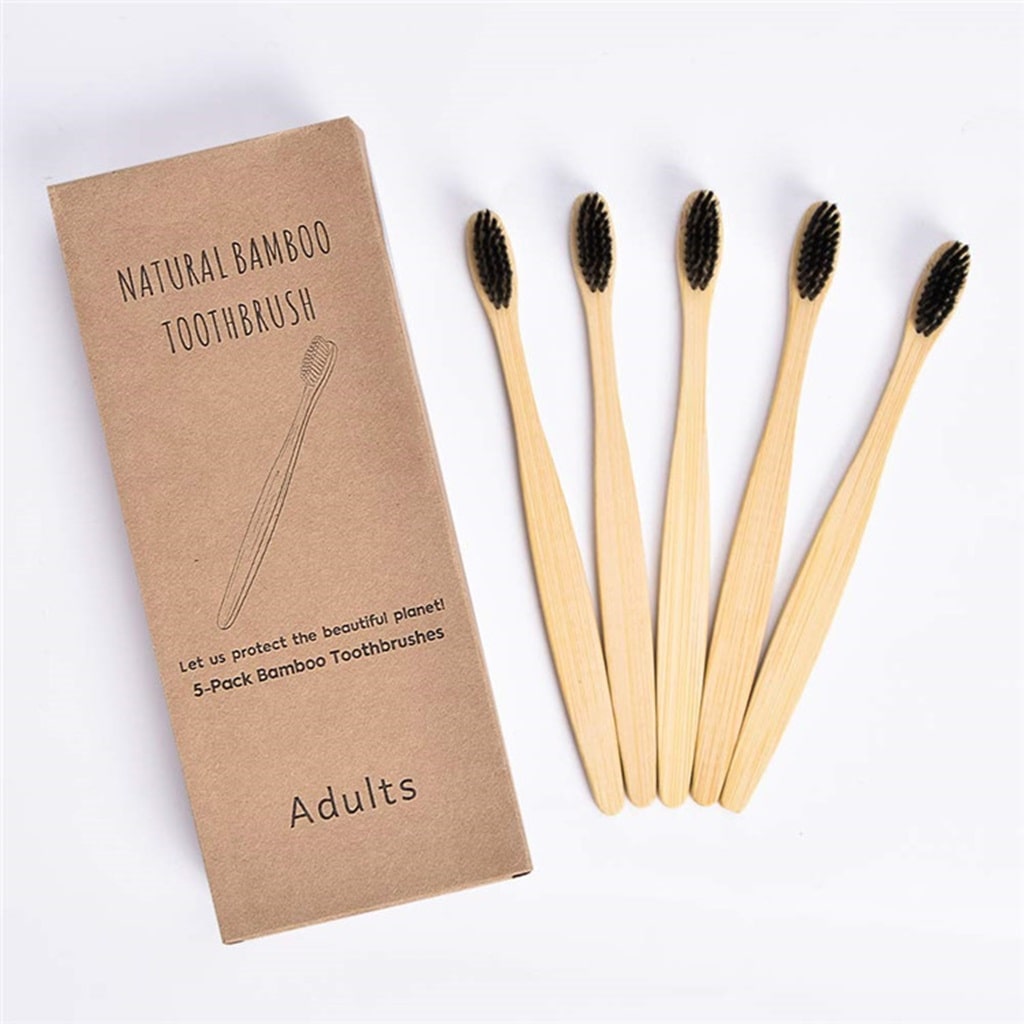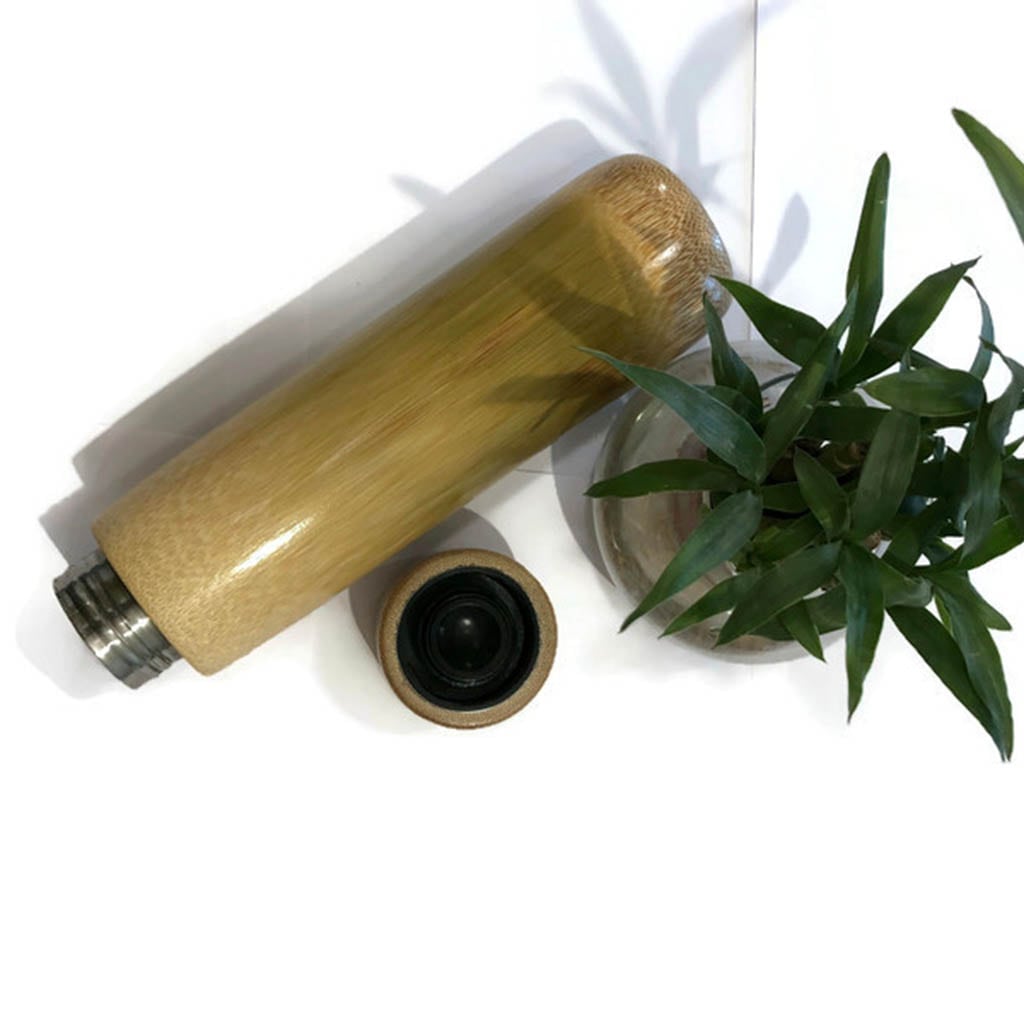Bamboo Products
- Home
- Product
Bamboo is a type of fast-growing, woody grass that is known for its versatility and sustainability. It has been used for various purposes for centuries and offers several benefits when used in the production of various products. Here are some key characteristics and benefits of bamboo:
1. Sustainability: Bamboo is one of the fastest-growing plants on Earth, with some species growing up to 3 feet (1 meter) per day. It can be harvested in as little as 3 to 5 years, making it a highly renewable resource. In contrast, many hardwood trees used for products take decades or even centuries to reach maturity.
2. Biodegradability: Bamboo is biodegradable, which means it can naturally decompose and return to the environment without causing long-term pollution. This is in contrast to synthetic materials like plastic, which can persist in the environment for hundreds of years.
3. Strength and Durability: Bamboo is surprisingly strong and durable. It has a higher tensile strength than many traditional materials like steel and concrete. This makes it an excellent choice for products that require sturdiness and longevity.
4. Lightweight: Bamboo is a lightweight material, which can be an advantage in products where weight is a consideration, such as furniture and construction materials.
5. Natural Aesthetic: Bamboo has a unique and natural aesthetic appeal. Its characteristic grain and color variations give products a distinctive look that many people find visually pleasing.
6. Versatility: Bamboo can be used in a wide range of products, from construction materials like flooring and scaffolding to textiles, kitchenware, and even electronic gadgets. Its versatility makes it a valuable resource for various industries.
7. Renewable Harvesting: Bamboo can be harvested without killing the plant itself, as it continues to grow from the root system. This means that bamboo can be continually harvested without the need for replanting, further enhancing its sustainability.
8. Natural Resistance: Bamboo has some natural resistance to pests and diseases, reducing the need for chemical pesticides and treatments during cultivation.
9. Carbon Sequestration: Bamboo is known for its ability to absorb large amounts of carbon dioxide (CO2) from the atmosphere, which can help mitigate climate change when bamboo forests are properly managed.
10. Water Efficiency: Bamboo requires significantly less water to grow compared to many other crops and trees, making it a water-efficient and environmentally friendly choice for agriculture.
Given these advantages, bamboo is increasingly being used in the production of eco-friendly and sustainable products. From bamboo-based textiles and kitchenware to bamboo flooring and furniture, its benefits make it a popular choice for individuals and industries looking to reduce their environmental impact and promote sustainability.





